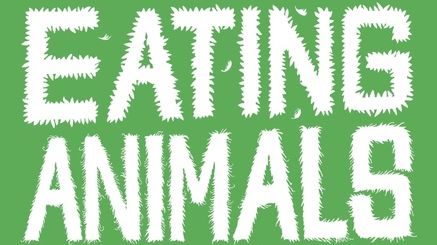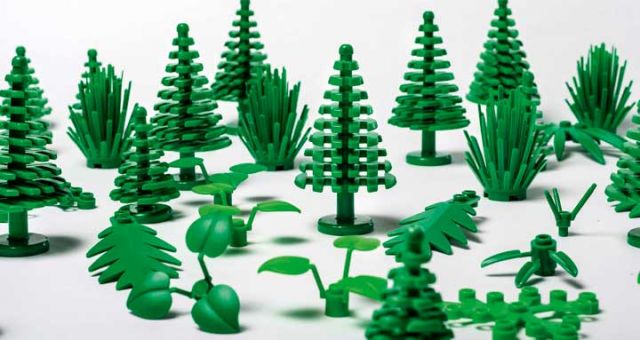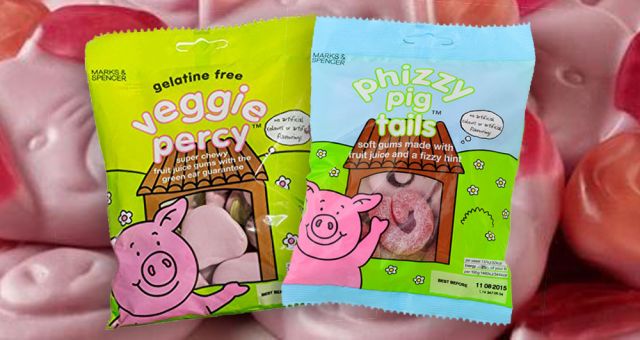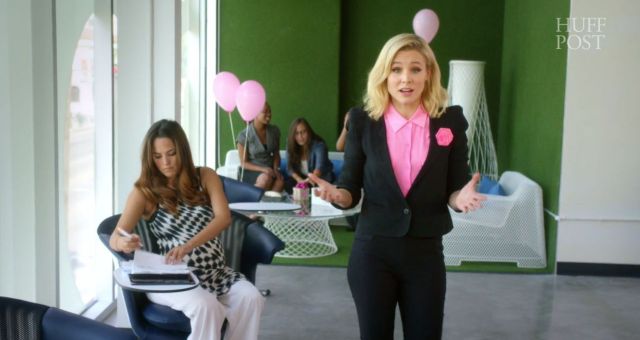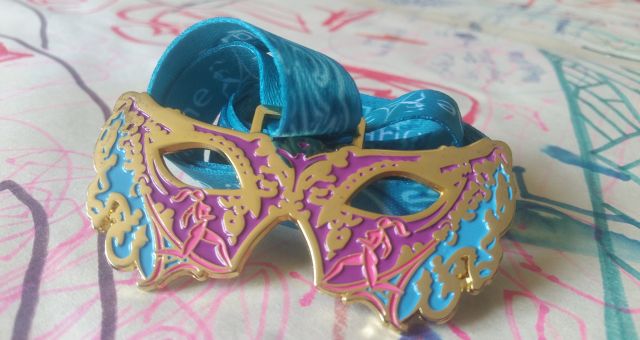Just before relocating to the wine, foie gras and steak tartare capital of Europe, I was told that winters would be gray, but that nothing was better than red wine and roasted meat. This advice came from someone who didn’t know I’d been a teatotaling pescatarian for decades.Not eating (land-based) animals was something that I had done for years for my own reasons. I didn’t pay too much attention to what others ate. I rarely checked food labels for non-vegetarian ingredients and or asked about the base of soup’s broth when ordering off a menu, but I never ordered or purchased anything that was expressly included big, identifiable (land-based) animal parts.
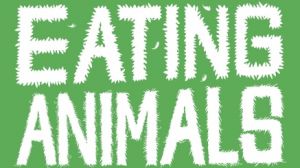 I’m self-conscious of my “land-based” caveat above, but perhaps that’s part of why I never flew my flag high or tried to influence anyone — it was a personal choice made as a tween-ager. I was the designated (benevolent) token treehugger. When asked why, instead of launching into a diatribe and drawing attention to myself, I would take up as little space and time as possible by saying that it was for every possible reason. I don’t like meat that much, it’s better for the planet, and for animals. Friends and family would occasionally try out vegetarianism and share their experiences. That was pretty much it. While my husband is an omnivore, when I became a mom and the chief preparer of meals and school lunches, our household became even more vegetarian. We began to cook more, order in less, and go out less — all of which included less seafood. At daycare and school, plenty of children had dietary restrictions, so “ovo-lacto vegetarian” was a box we checked during the enrollment process.
I’m self-conscious of my “land-based” caveat above, but perhaps that’s part of why I never flew my flag high or tried to influence anyone — it was a personal choice made as a tween-ager. I was the designated (benevolent) token treehugger. When asked why, instead of launching into a diatribe and drawing attention to myself, I would take up as little space and time as possible by saying that it was for every possible reason. I don’t like meat that much, it’s better for the planet, and for animals. Friends and family would occasionally try out vegetarianism and share their experiences. That was pretty much it. While my husband is an omnivore, when I became a mom and the chief preparer of meals and school lunches, our household became even more vegetarian. We began to cook more, order in less, and go out less — all of which included less seafood. At daycare and school, plenty of children had dietary restrictions, so “ovo-lacto vegetarian” was a box we checked during the enrollment process.
Then one day, I was asked about being a “vegetarian” in front of my kids and suddenly felt awkward. I had spoken to my son about death and religion, but in that moment, those topics seemed far simpler than eating (or not eating) animals…in hindsight, possibly because I’m not very religious. Religion: Santa Claus doesn’t come to our house. Done. Death: just like when a toy’s battery dies — some think that’s it (aetheism); others think you get a new battery — better (heaven) or worse (the other place); or completely different battery (reincarnation). Explaining vegetarianism felt different…especially as I was more pescatarian than vegetarian, but went with the latter to avoid the complexities and intricacies of deeper conversations.
When answering questions, aware of little eyes and ears that were trained on my words and actions, I had always asked what my kids thought before responding in order to keep things relevant and used simplified language to avoid confusion, but this was something I wanted to be clear about. It felt awkward because of this lifestyle’s implied judgment. The explanation I gave was similar to the one I tell adults: I don’t like meat that much, it’s better for the planet and for animals.
Then I read Jonathan Safran Foer’s Eating Animals about the ethics of eating animals. Balancing introspection with humor and science and parenthood and research, he talks about how people justify their eating habits and how this justification justifies ignorance. Before reading this book, I didn’t want to be perceived as preachy, but after reading it, I couldn’t stop wondering whether people know how their food gets to their plate, how unethically animals are treated and how animal agriculture is unsustainable and is harming the planet. I was curious: does foie gras and steak tartare taste so good despite everything involved in it’s production –or– does it taste so good…period?
When asked “So fish don’t have feelings?” and “If you’re eating meat substitutes, why not just eat the real thing?”, I’ve started responding directly and honestly. It used to be that fishing took a lesser toll on the planet than eating anything else with eyeballs and parents, but that that is increasingly not true, so I quickly phased out seafood entirely. And to answer the question about faux animal products, eating the “real thing” is polluting the rivers and oceans and driving the destruction of the rainforests. And. And. And.
I used to be embarrassed when my own mom piped up about life’s little inconvenient truths — she’d stop the car if someone wasn’t buckled in…because seat belts only work when fastened; she’d ask smokers to extinguish their cigarettes if it was not permitted…because secondhand smoke is harmful; she’d report underage drinking and driving at high school parties…because driving under the influence is dangerous for everyone on the road. Maybe I’m hot on her trail.
